The success of Great Britain’s Paralympics cannot be measured in medals alone
Great Britain outperformed expectations in Paris with 49 gold medals across the 11 days of competition
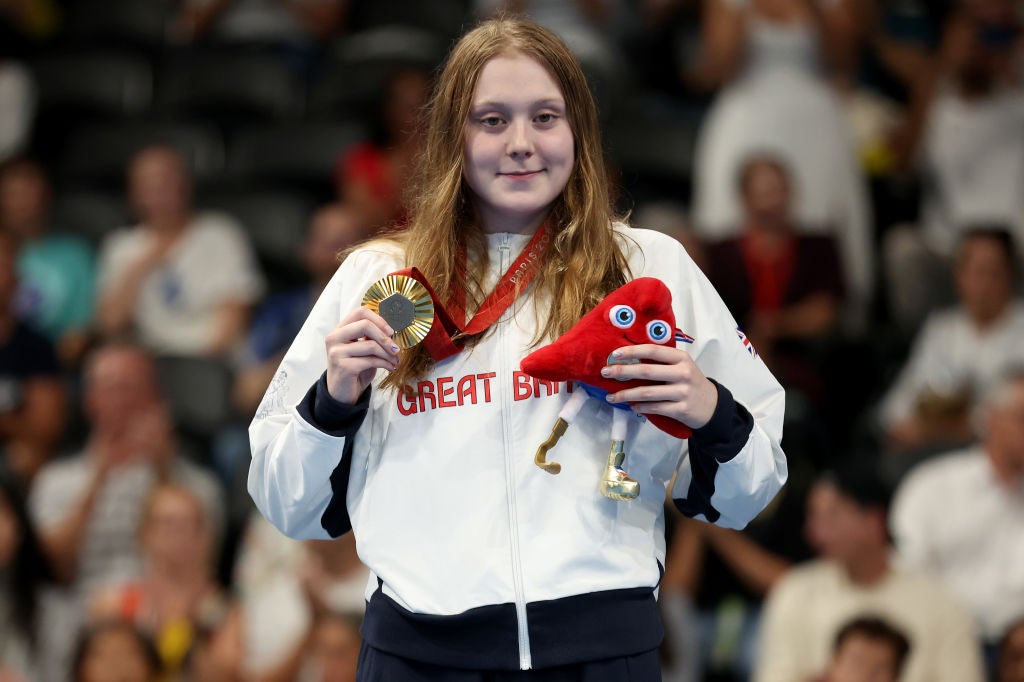
In terms of weather, they’ve had the worst summer in nearly 140 years here in Paris, which is perhaps why Britain’s Paralympians felt so at home.
Once again, they outperformed their expectations as the fashionable colours of the season have been gold, silver, and bronze for their red, white, and blue.
They won 124 medals - exactly the same as Tokyo three years ago - but eight more golds, 49 across the 11 days of competition.
Charlotte Henshaw and Laura Sugar added the final golds, in the KL2 and KL3 women’s kayak respectively. Both set Paralympic records, in a fitting end to a golden Games for ParalympicsGB.
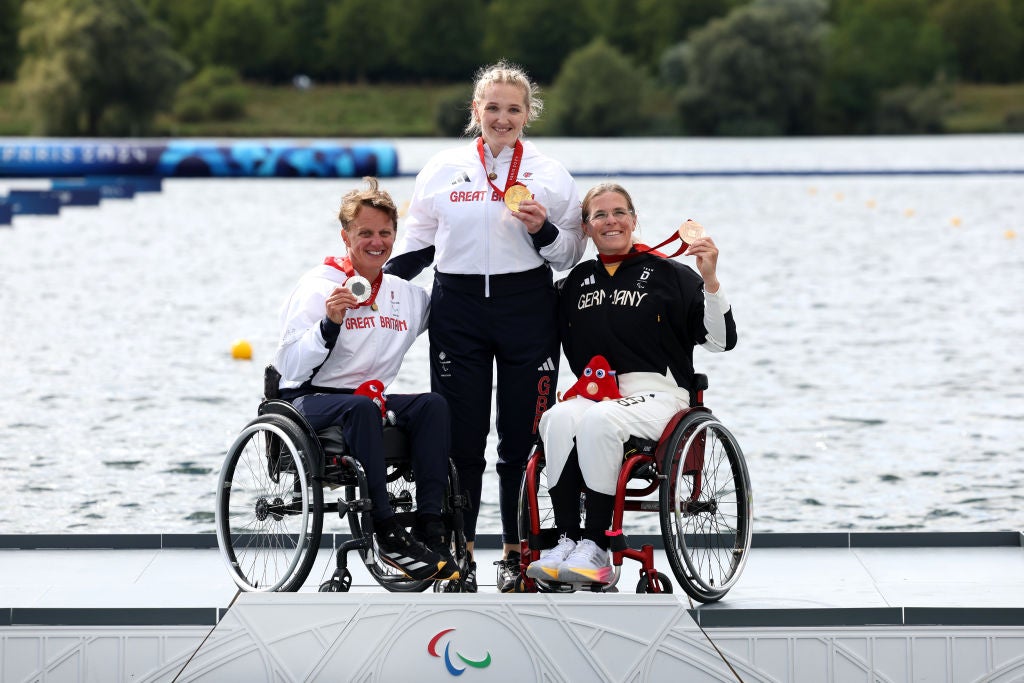
While some nations have trained a laser-like focus on just a handful of sports, Britain’s strength remains their range, medals were won in 18 of the 19 events they contested and 117 athletes in the 215-strong squad are heading back on the Eurostar with something to declare.
Encouragingly it wasn’t just the established faces that delivered either, those who blazed into public consciousness at London 2012 and aren’t quitting yet.
Of the 81 Games newcomers, 37 made the podium, with teenage swimmer Poppy Maskill the most successful with three golds and two silvers.
Maskill, 19, carried the British flag at the closing ceremony at the Stade de France, the first team member with an intellectual impairment to have that honour.
After their events, all athletes are obliged to pass through an area known as the mixed zone, where media can ask questions.
You could sense Maskill was utterly dreading the prospect after she won Britain’s first gold of the Games 11 days ago, her answers polite but short, the experience one she clearly didn’t relish.
Five medals later, she was slowly becoming more accustomed to the glare of attention and, it seems, starting to even enjoy it. Success at these Games can’t always be measured just in medals.
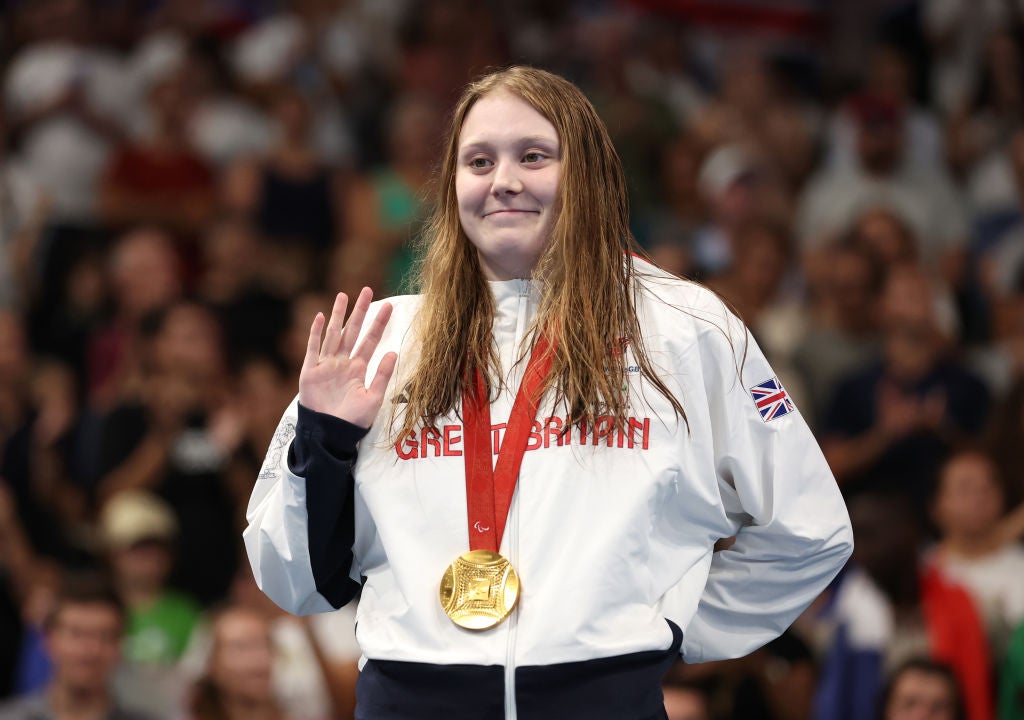
In total this team was funded with £68m of National Lottery money, while prime minister Keir Starmer has also promised to look at a significant funding shortfall at UK Sport.
Cold hard cash is the rocket fuel in the team, with Alfie Hewett and Gordon Reid bringing up the 300th gold since the National Lottery became the game changer at the Games.
But perhaps it might just be better for the Paralympic movement for Britain to not be quite so successful in the future.
How the country has valued and embraced these Games should be a source of satisfaction, but it’s time the rest of the world follow their lead.
There are small signs this could be a high watermark performance, 86 nations medalled here, just one more than Tokyo.
However, events did seem more competitive and medals harder to come by, with fewer world records across the fortnight.
“More nations are waking up to the opportunity that Paralympic sports present,” said UK Sport’s performance chief Dr Kate Baker.
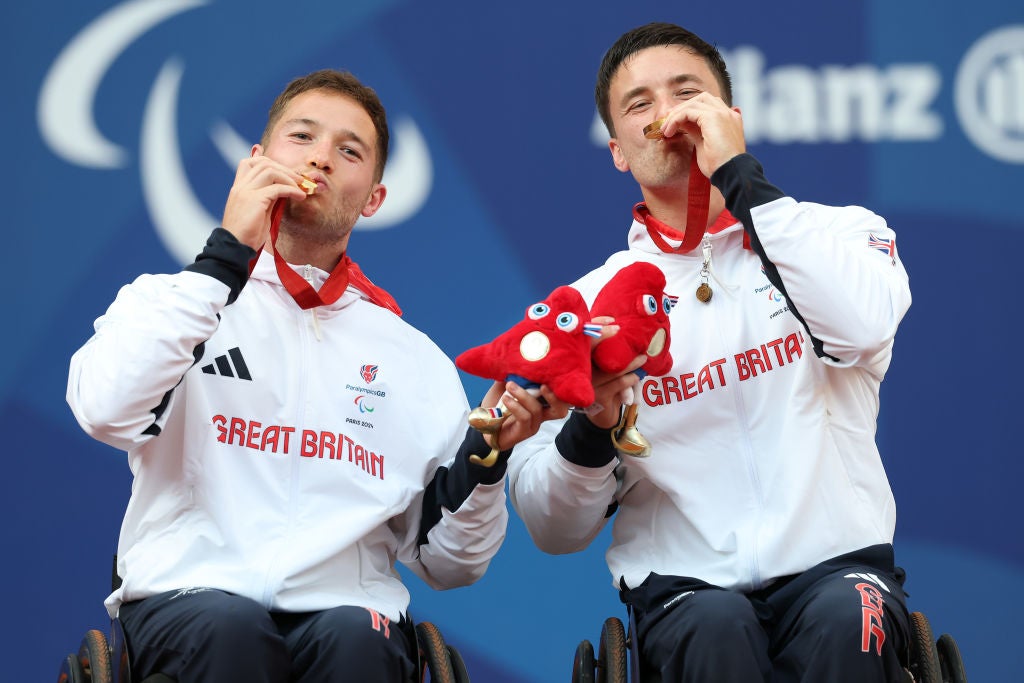
“The competition is fiercer than it’s ever been, and the margins have never been finer. If we end up with few medals in the future, we’ll have to reflect on that.”
When Chris Hoy won three Olympic cycling golds in Beijing, he reflected that if he was still competitive four years later in London – where he ultimately defended all three titles – the system would have failed.
His point was that younger talent needed to come through to challenge and dethrone the established order. It’s sports natural theory of evolution; you are retired by those you inspired.
Jonnie Peacock, 31, and Jody Cundy, 45, and double gold medallist canoeist Emma Wiggs, 44, are all looking to Los Angeles in four years.
Sarah Storey, 46 and now a 19-time gold medallist, has yet to commit but wheelchair racer David Weir, 45, has said this will be it.
Jeanette Chippington, who made her debut as a swimmer at the 1988 Games in Seoul, agonisingly missed a medal as canoeist aged 54 and is refusing to rule out LA.
And why should they? If they feel competitive, who has the right to tell them to quit? But it underlines the extent of the task – which isn’t apparent in Olympic sport – about bringing through younger athletes.
“Finding talent is our biggest challenge,” said ParalympicsGB’s chef de mission Penny Briscoe.
“We’re not blessed with the talent pools of others; we’re working with very small numbers here. We have proactively showcased our debutantes, and we need to promote the next generation.
“Age within parasport can be less of a challenge and we shouldn’t discriminate because someone is an older athlete.
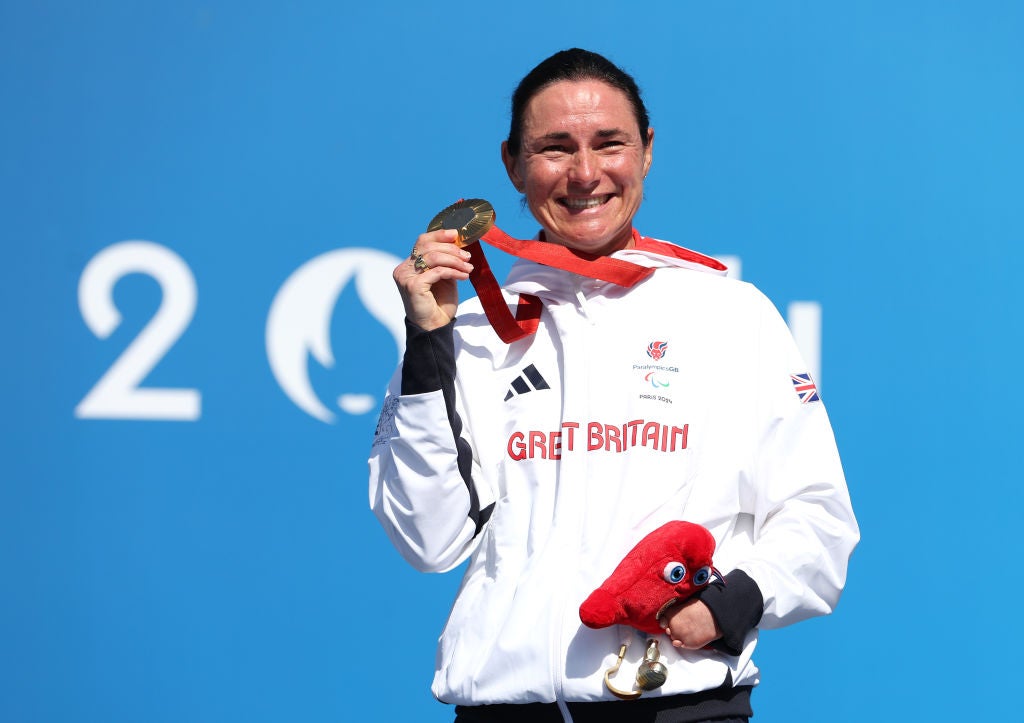
“It’s when they stop younger athletes when it becomes an issue but, currently, I don’t see that as a problem.”
Paris can look back on this storied summer with plenty of pride, the attendance for the two Games combined broke new records, though fractionally fewer Paralympic tickets were sold here than at London 2012.
If it wasn’t for the Games politicians wouldn’t have spent over £1bn cleaning up the Seine or pledged £15bn to make the mazes of corridors and stairs in the Paris Metro accessible, though progress on both ambitions is slower than it should be.
Parisians would famously win a gold medal for complaining but these Games, while coming at a £7.3bn cost, have been remarkably moan-free. With one exception.
“My biggest disappointment? It must be the weather,” said organising committee president Tony Estanguet.
“I’ve hated the weather in Paris this summer. Weather has been the most stressful part of our delivery.”
But as the sporting glow finally faded in the City of Light don’t expect the British athletes to be taking too long a victory lap.
This bandwagon rolls on relentlessly, 1,404 days and counting till this greatest of shows comes to LA, and a city where everyone wants their five minutes of fame.
National Lottery players raise more than £30m a week for Good Causes including vital funding into sport – from grassroots to elite. To find out more visit: www.lotterygoodcauses.org.uk
Join our commenting forum
Join thought-provoking conversations, follow other Independent readers and see their replies
Comments
Bookmark popover
Removed from bookmarks